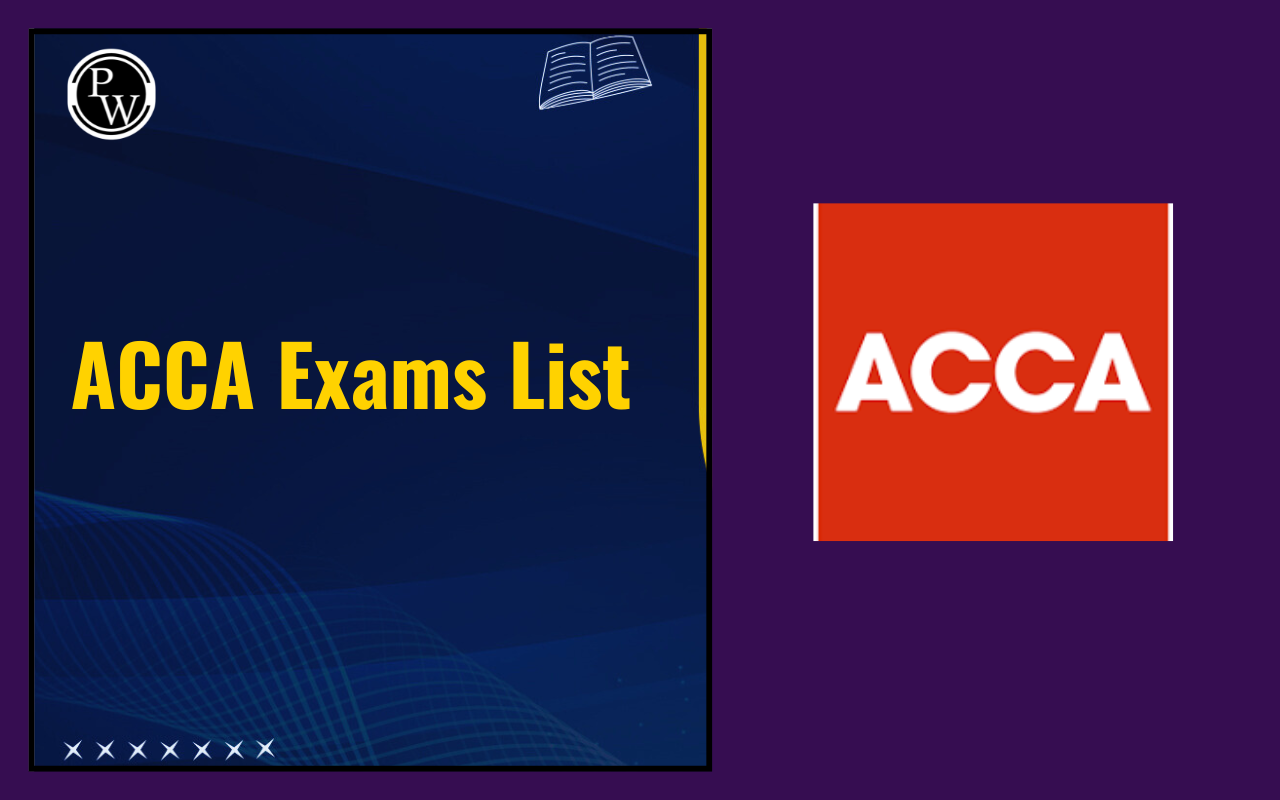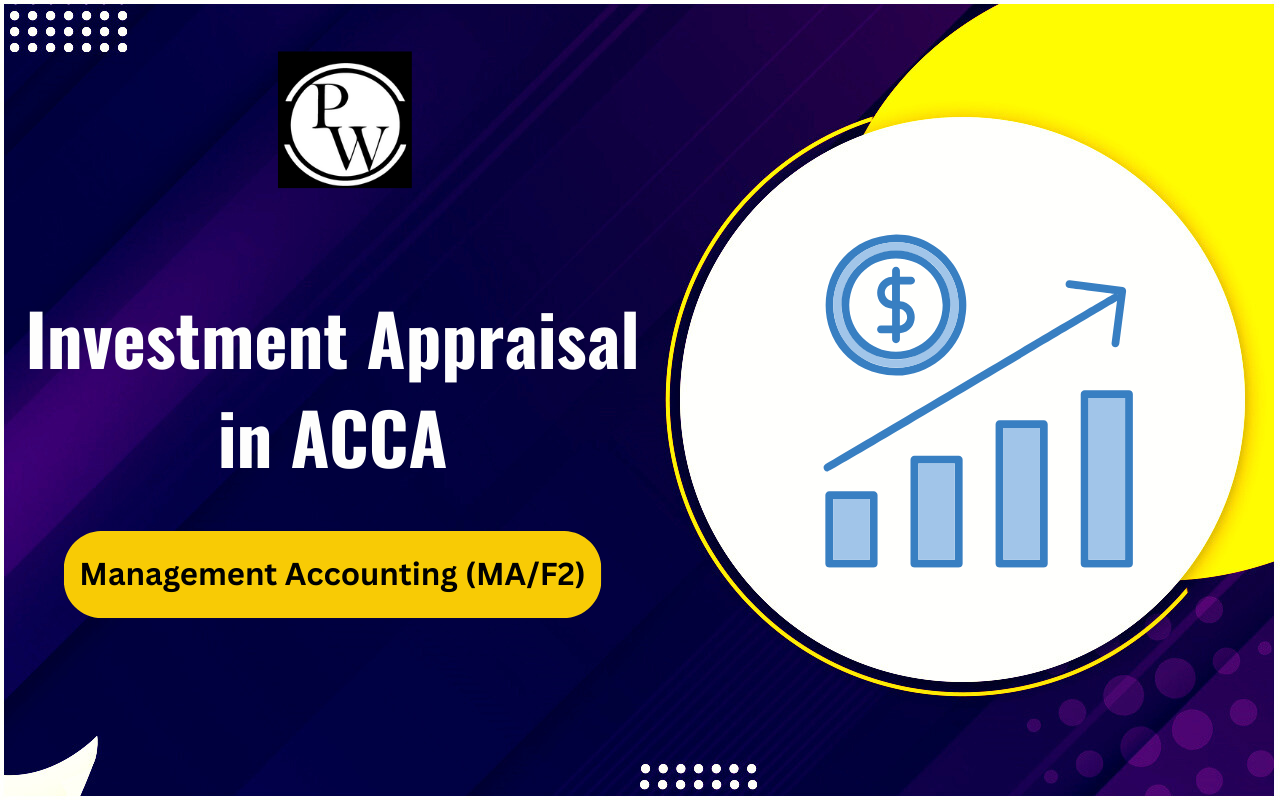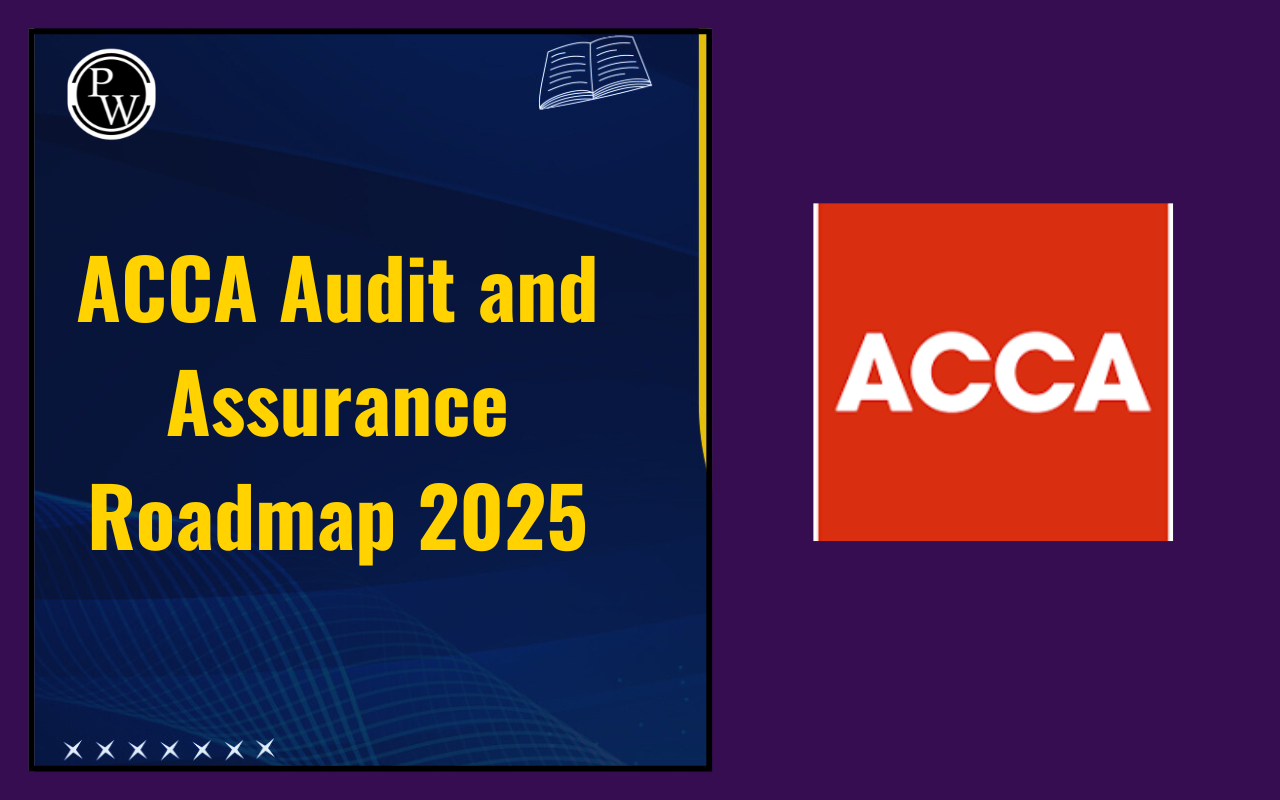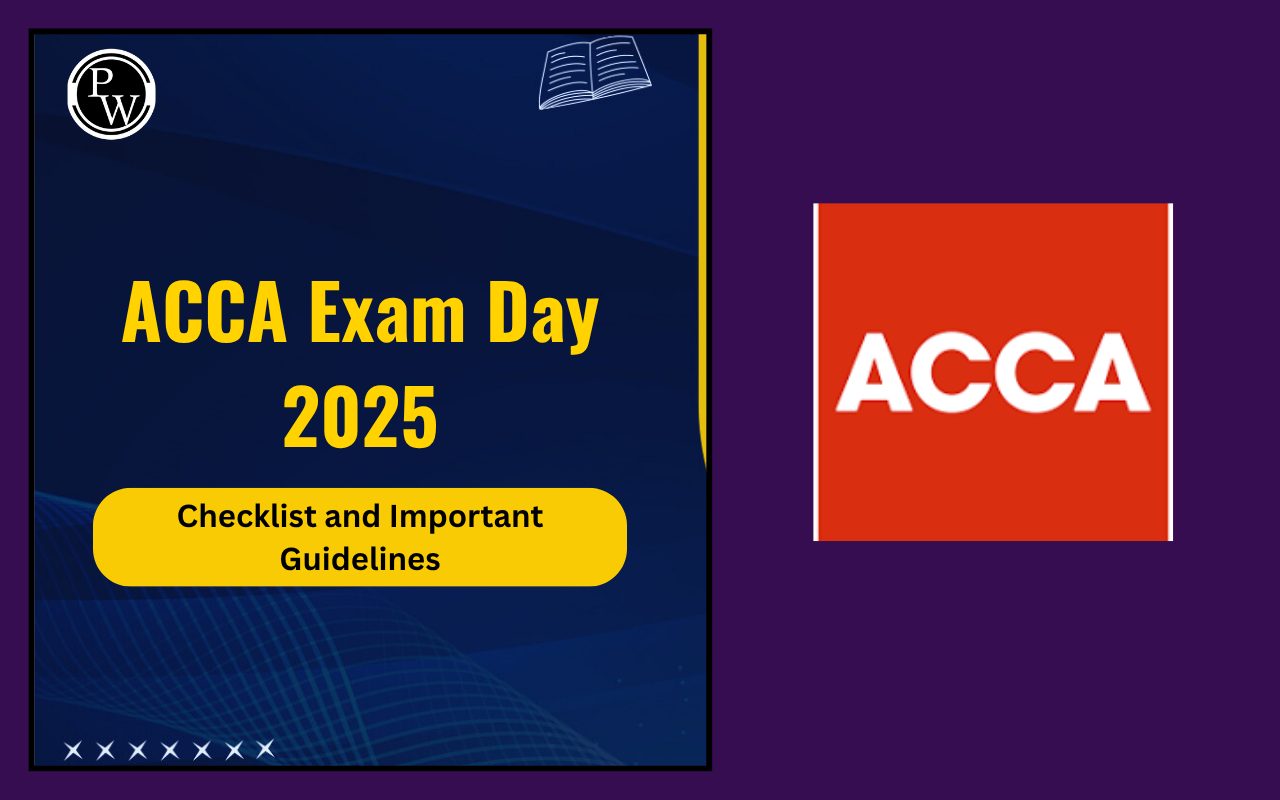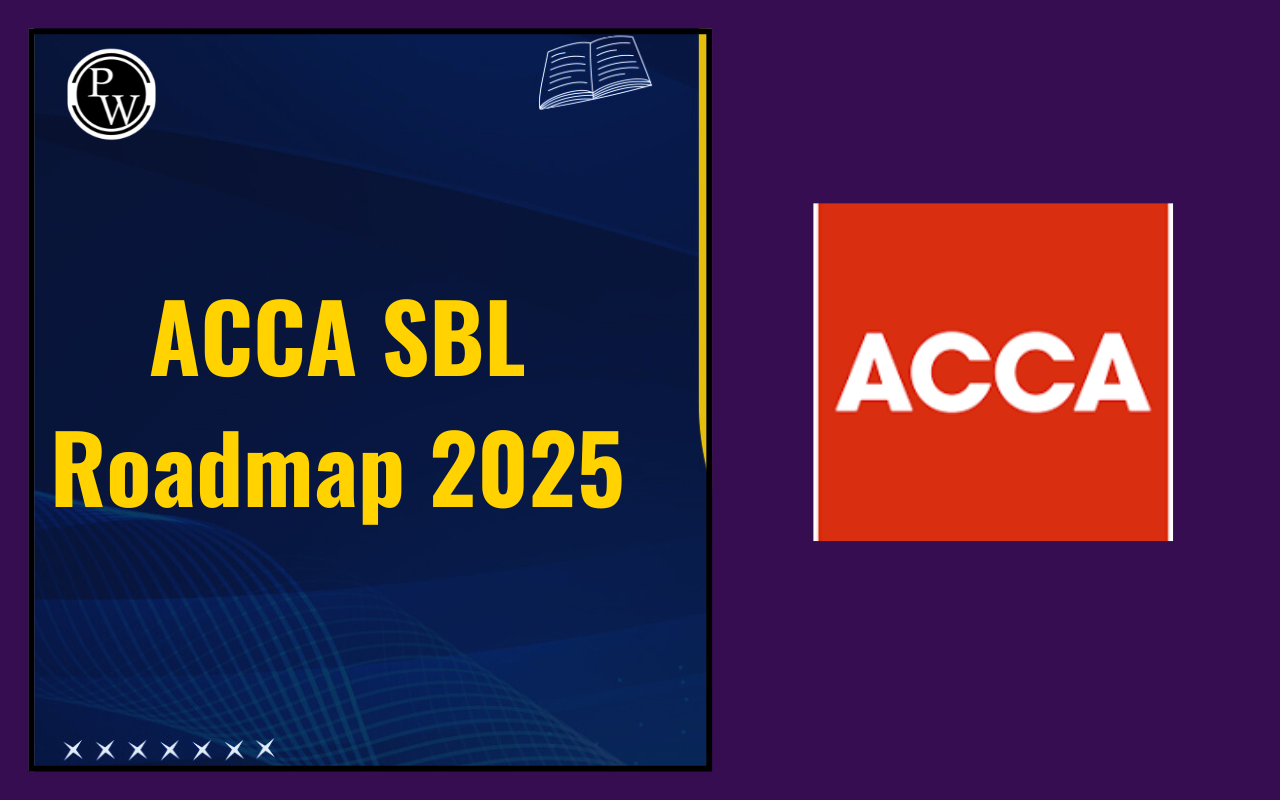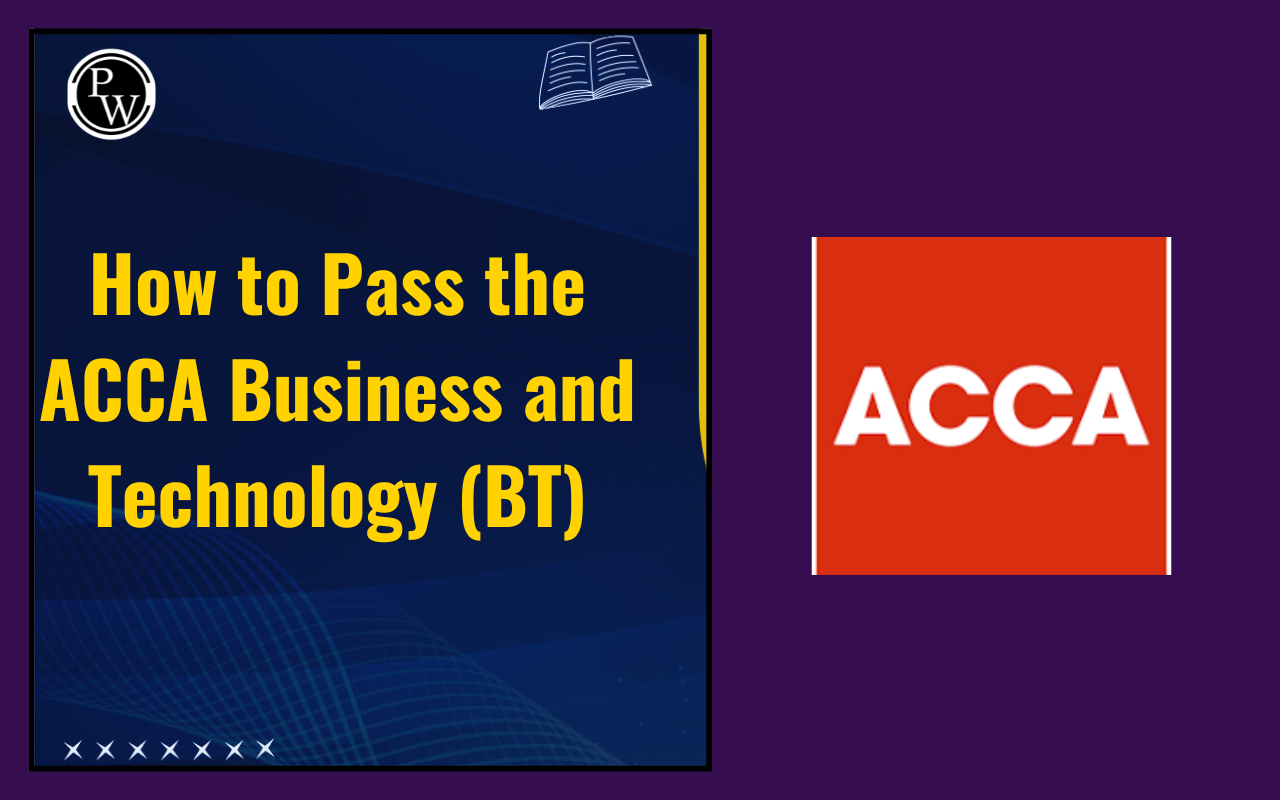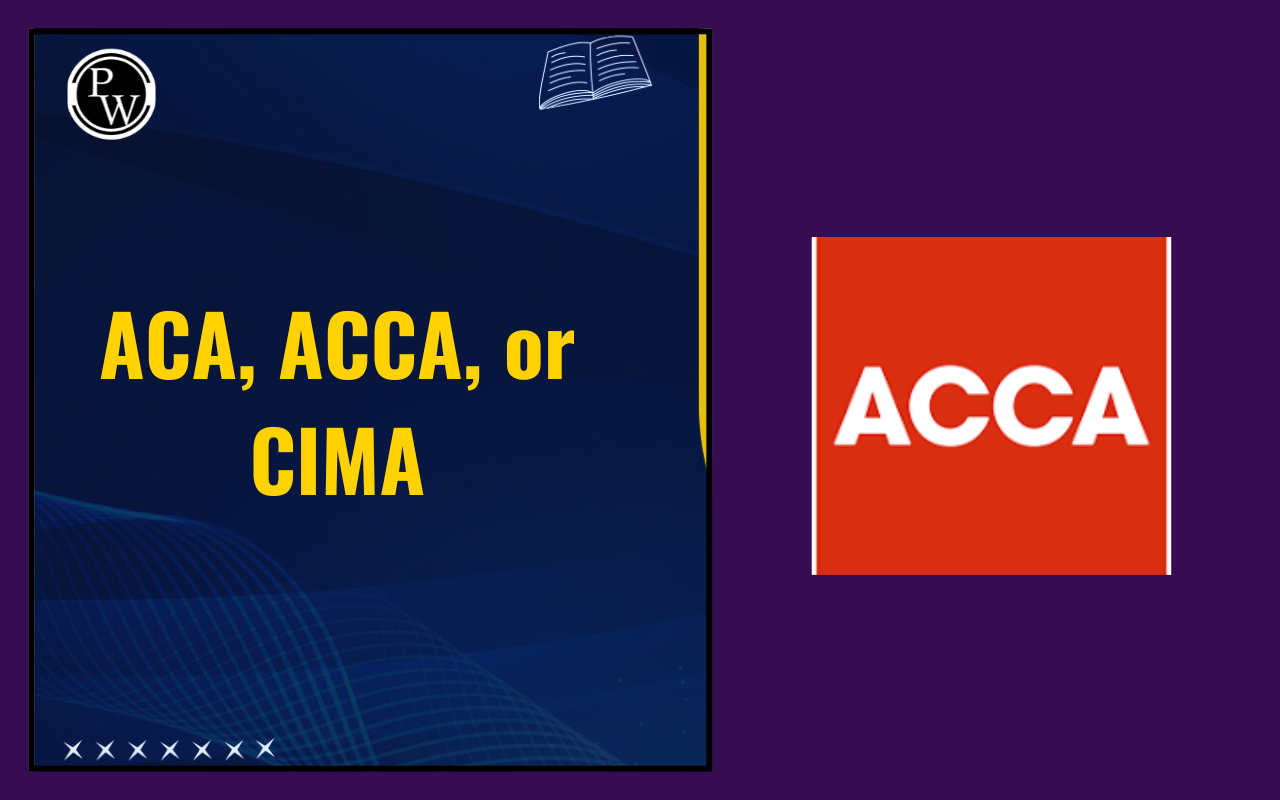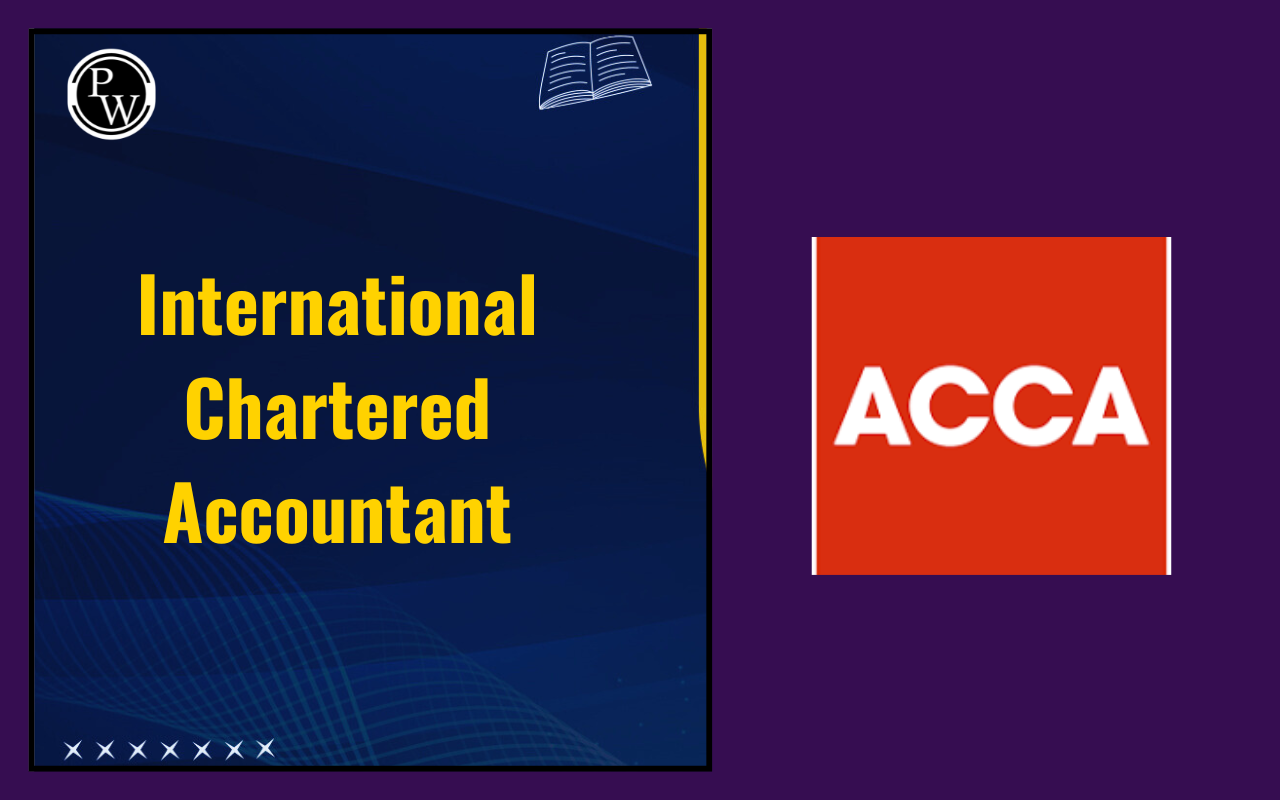
The ACCA Audit and Assurance (AA) exam is a crucial step for students pursuing the ACCA qualification. This exam tests your ability to apply knowledge and skills in conducting an audit engagement. It requires a strong grasp of International Standards on Auditing (ISAs) and a deep understanding of financial accounting principles.
Many students find the AA exam challenging due to its theoretical nature and the requirement for strong analytical skills. However, with the right strategies, structured preparation, and effective time management, success is achievable.
Check how to prepare for ACCA Audit and Assurance, offering key strategies, exam techniques, and practical tips to help you perform well. Whether you are self-studying or enrolled with an Learning Partner, a well-structured approach is essential to excel in this ACCA exam
ACCA Audit and Assurance
The ACCA Audit and Assurance exam focuses on the principles and practices of auditing. It covers the entire audit process, from planning to reporting, and assesses students on their ability to apply auditing techniques in real-world scenarios.
Audit and Assurance provides an understanding of risk assessment, internal control evaluation, substantive procedures, and ethical considerations. The ACCA syllabus includes key areas such as audit evidence, audit reports, professional ethics, and the responsibilities of an auditor.
To succeed in ACCA Audit and Assurance, students must develop strong analytical skills and the ability to construct well-structured written responses. The exam format consists of multiple-choice questions (MCQs) and scenario-based questions, which test both theoretical knowledge and practical application.
Understanding ISAs and financial reporting standards is essential for answering questions accurately. A well-prepared candidate should be able to identify risks, apply appropriate audit procedures, and communicate findings effectively.
Strategies for ACCA Audit and Assurance
Success in ACCA Audit and Assurance depends on a combination of structured study, regular practice, and effective exam techniques. Below are key strategies to enhance your preparation:
Study with a Learning Partner
If possible, enroll with a Learning Partner and use ACCA-approved study materials. This ensures you receive high-quality content and guidance from tutors. Structured learning enhances conceptual clarity and improves retention.
Cover the Entire Syllabus
Do not rely on selective studying. Ensure you understand the entire ACCA Audit and Assurance syllabus, especially ISAs and financial reporting concepts. A comprehensive understanding helps in tackling both MCQs and scenario-based questions.
Develop Analytical and Writing Skills
The AA exam demands well-structured responses. Practice constructing effective written answers that demonstrate clarity, conciseness, and relevance. Avoid rote-learning; instead, focus on understanding concepts and applying them appropriately.
Utilize the ACCA Practice Platform
The ACCA Practice Platform provides exam-style questions and past papers. Regularly practicing under timed conditions helps in improving time management and identifying weak areas.
Attempt Full Mock Exams
Simulating exam conditions by attempting full-length mock exams at least twice before the final exam is crucial. Analyze your mistakes, refine your approach, and focus on weaker topics.
Understand How OT Questions Are Designed
In Section A, three objective test (OT) cases contain five questions each, totaling 30 marks. Read each question carefully, eliminate incorrect options, and answer confidently.
Also Check: How to Prepare for ACCA Business and Technology (BT)?
How to Tackle ACCA Audit and Assurance
The ACCA Audit and Assurance exam consists of two main sections: Section A (MCQs) and Section B (scenario-based questions). Understanding the best approach to each section is key to maximizing scores.
Section A: Objective Test Questions (30 Marks)
This section comprises three OT cases, each containing five MCQs worth two marks each. To tackle this section effectively:
-
Read each question carefully before selecting an answer.
-
Apply logical reasoning and eliminate incorrect options.
-
Answer all questions, even if unsure, as there is no negative marking.
Section B: Scenario-Based Questions (70 Marks)
This section contains three scenarios with multiple requirements. To excel in this part:
-
Carefully read each requirement to understand what is expected.
-
Use concise headings and structured responses.
-
Ensure responses are scenario-specific and avoid generic answers.
-
Explain ‘how’ audit procedures should be performed, not just what they are.
-
Manage time effectively to attempt all requirements.
By following these strategies and practicing regularly, you can boost your confidence and perform well in ACCA Audit and Assurance.
FAQs
What is the ACCA Audit and Assurance exam about?
How can I effectively prepare for ACCA Audit and Assurance?
What is the format of the ACCA Audit and Assurance exam?
What are some key tips for answering Section B questions?


